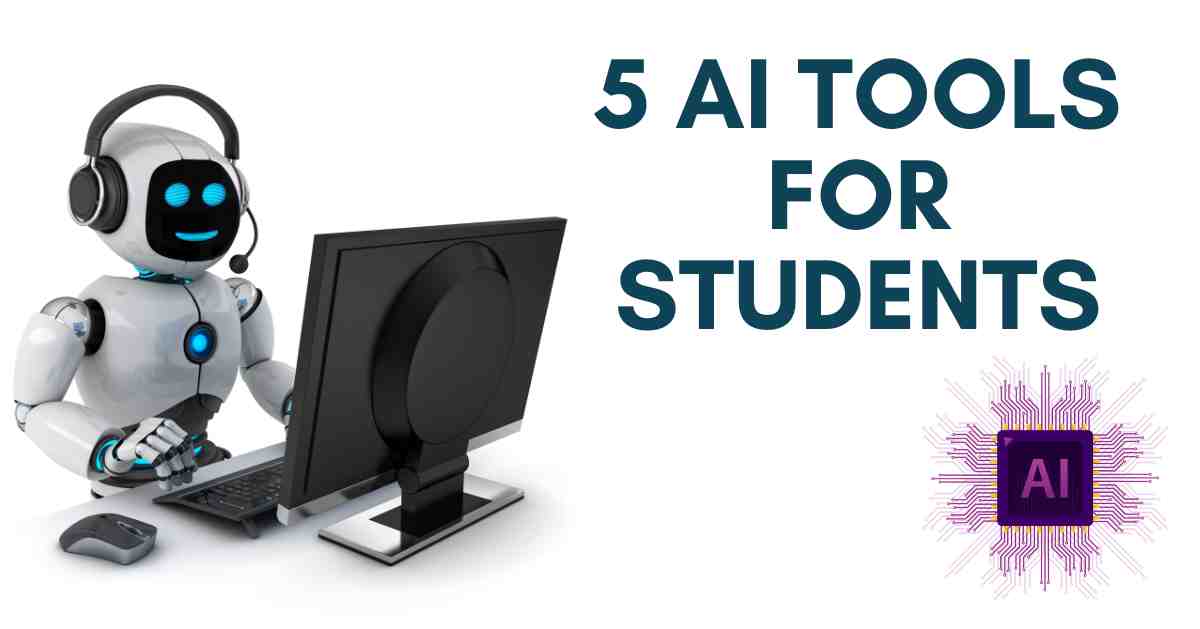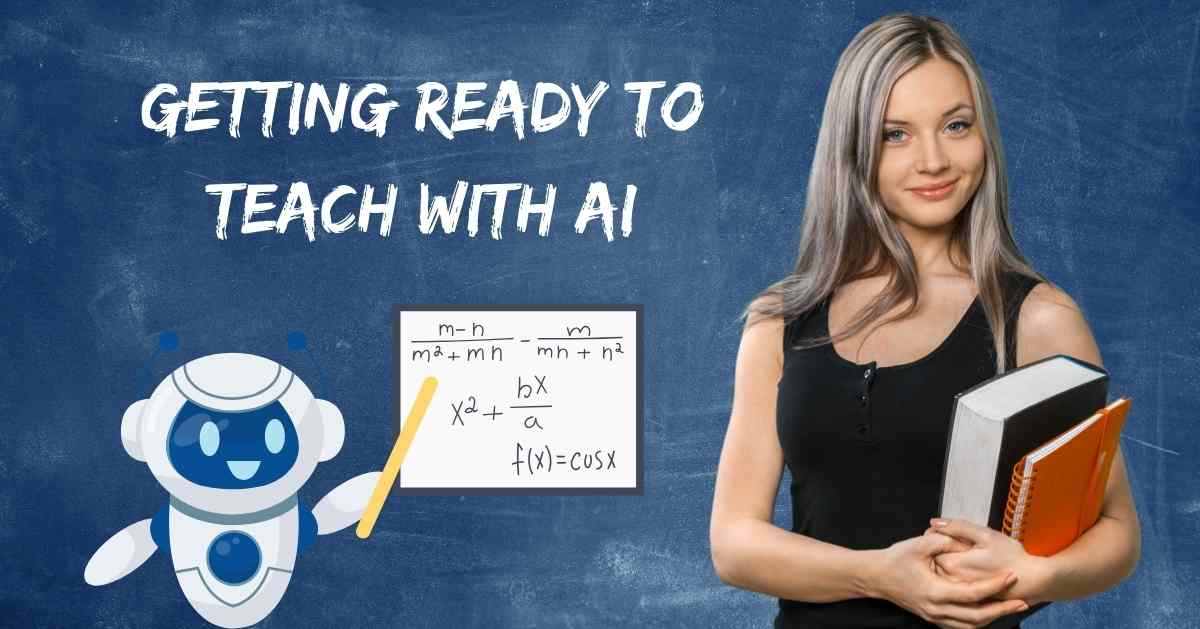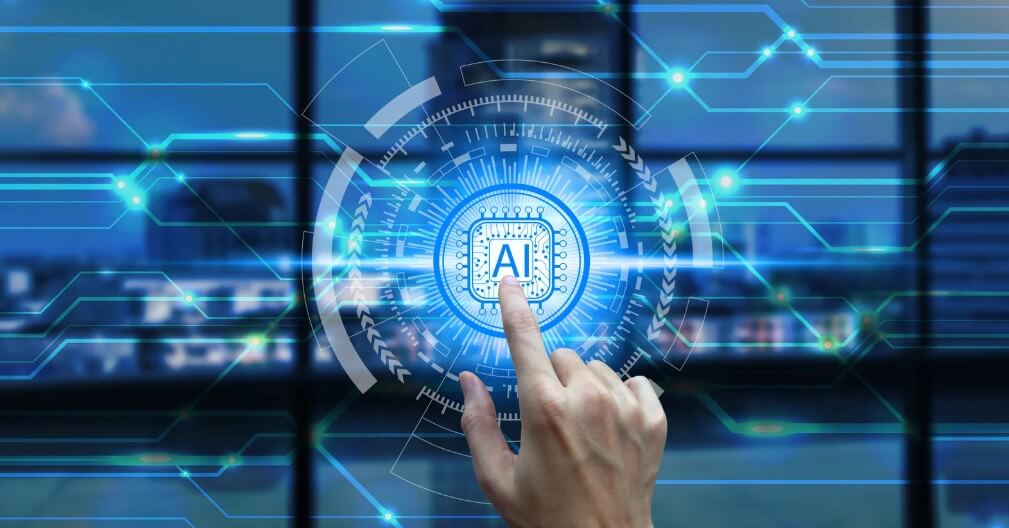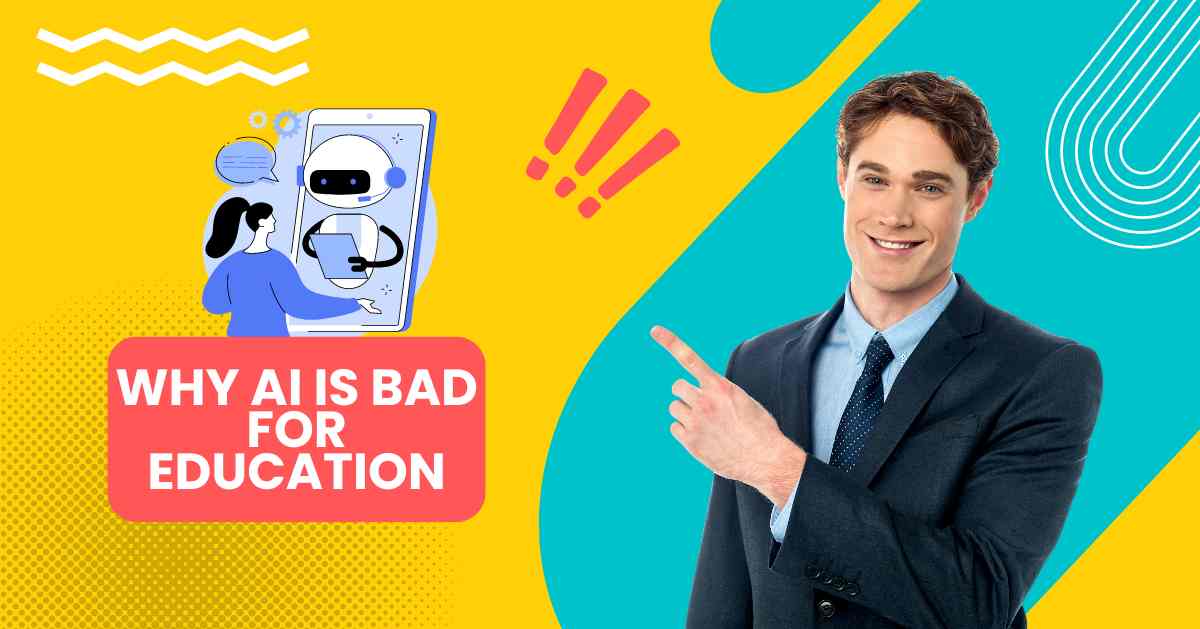The Impact of AI Technology on Higher Education
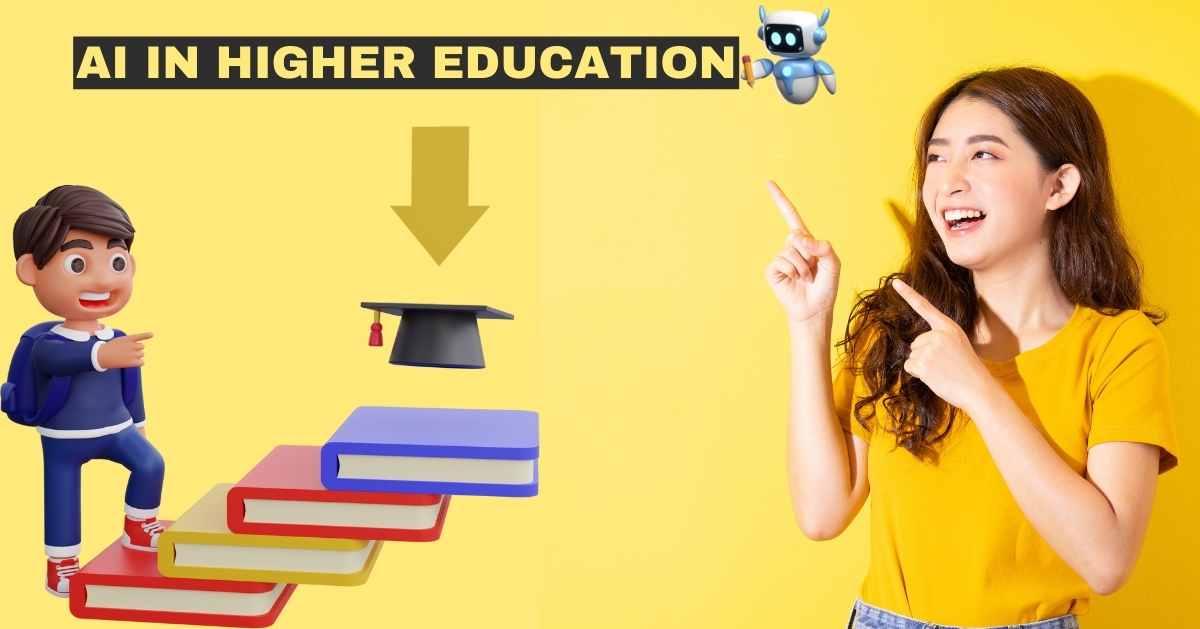
Artificial intelligence (AI) is becoming increasingly prevalent, in our lives, even influencing how we engage with education at the highest level. Concerns about honesty and ethics aside, AI offers great opportunities to advance higher education.
AI plays a role in helping students select universities, enhance their study habits, complete their degrees punctually, and feel prepared for the professional world. It lets educators personalize learning experiences for students, enhancing education to better fit their unique needs.
Let’s delve into the essence of AI its applications within settings and the profound effects it has, on students’ collegiate journeys.
The Importance of AI in Higher Education
In universities, the focus is, on equipping students with thinking and problem-solving skills to prepare them for the workforce. Artificial intelligence (AI) is revolutionizing our approaches, an aspect for students entering a tech-driven world.
To adapt to this transformation higher education institutions are increasingly incorporating AI into teaching, learning, and research to equip students for a technology future.
Intel shows a dedication to providing colleges and universities with the role of artificial intelligence in education. They offer support, guidance, and technology, for AI initiatives of all sizes.
[Read More: The Importance of AI in Education]
AI in Higher Education: How It’s Used
On college campuses, AI is helping students learn new skills, professors teach future innovators, and researchers make important discoveries.
Speeding Up Scientific Research
Research conducted in institutions plays a role, in uncovering breakthroughs and addressing significant challenges. This process usually requires a timeline and significant investment. Artificial intelligence (AI) is currently used to speed up these efforts through data analysis, cutting down on time and costs, and achieving outcomes more effectively.
Teaching the Innovators of Tomorrow
Employers are increasingly seeking graduates with knowledge of AI, leading colleges to incorporate AI courses into their curricula. This initiative aims to equip students with the skills for careers in expanding sectors such, as healthcare and finance.
Helping Students Get Ready for Jobs
In the current employment landscape, students must have an understanding of artificial intelligence (AI) to thrive. Intel is playing a role by providing initiatives to educate students on AI concepts. These initiatives help students learn and connect with peers in the industry, gaining recognition for their expertise.
The Impact of AI on Higher Education
Artificial intelligence (AI) is changing how we do things in colleges and universities. Here’s how:
1. Teaching and Learning: AI helps personalize learning for students, making it more effective. It can create customized learning paths, offer feedback, and provide additional support.
2. Research: AI speeds up research by analyzing data faster and finding patterns that humans might miss. This leads to quicker discoveries and innovations.
3. Administrative Tasks: AI streamlines administrative tasks like admissions, scheduling, and grading. This frees up time for educators to focus on teaching.
4. Student Support: AI chatbots can provide instant support to students, answering questions and guiding them through resources.
[Read More: The Crucial Role of Artificial Intelligence in Modern Education]
The Future of AI in Higher Education
The potential and promise of intelligence, in education are vast affecting learning, teaching, and administrative areas. Here are several critical areas where AI is expected to have an influence:
Personalized Learning: AI can analyze student information to customize learning experiences for each student individually. This involves using learning systems that modify the material and speed according to each student’s advancement ultimately improving the results of their learning.
Administrative Efficiency: AI can make administrative duties, like managing admissions arranging schedules, and providing student assistance more efficient. Chatbots driven by AI can manage questions allowing employees to dedicate their time to addressing students’ requirements.
Improving Teaching Methods: Analytical tools driven by AI can offer insights into the effectiveness of teaching approaches and curricula. They can find problems students face and recommend changes to how they teach.
Enhanced Research: AI technologies have the potential to speed up research processes through the analysis of data sets recognizing patterns and formulating ideas. Such advancements could result in progress, across a range of fields.
Accessibility and Inclusivity: AI can improve accessibility for students with disabilities by using features like speech recognition, text-to-speech capabilities, and adaptive learning interfaces.
Lifelong Learning and Upskilling: AI can assist with learning and career growth by suggesting courses tailored to one’s aspirations, existing abilities, and prevailing trends, in the field.
Ethical Considerations: As artificial intelligence becomes increasingly intertwined with education it is crucial to address issues related to safeguarding data privacy preventing algorithmic biases and ensuring the ethical application of AI in decision-making processes.
Collaborative Learning: AI can enhance learning by linking students, with shared interests or complementary abilities encouraging teamwork and peer education.
Predictive Analytics: Institutions can use AI to foresee student results and pinpoint students who may need help enabling them to offer assistance tailored to their needs.
Virtual and Augmented Reality: Virtual and augmented reality applications powered by AI can establish learning settings improving hands-on education in areas, like medicine, engineering, and the arts.
How AI Makes Life Better Every Day
You may be using AI without realizing it in areas of your life, such, as social media, online shopping suggestions, search engines, and smartphones. With the progress in AI technology, teachers and students are beginning to adopt tools to improve their teaching and learning processes. These resources may include AI-powered assistants, tools for creating videos or audio clips, software for managing materials and syllabi, and customized educational apps.
Conclusion
The incorporation of AI, in the realm of education holds promise for transformative progress. There are concerns about academic integrity. AI offers benefits. It helps students with college selection, enhances study productivity, and supports graduation. It tailors learning experiences and helps teachers in their teaching efforts. By expediting research and streamlining tasks, AI is reshaping the landscape. Embracing AI signifies a future where learning is more effective, personalized, and accessible, paving the way for an academic journey, for all individuals.


